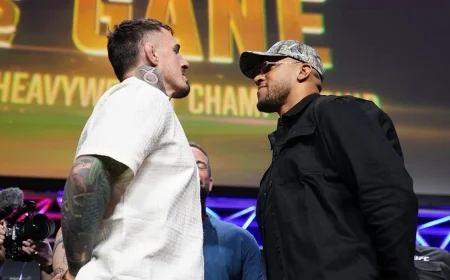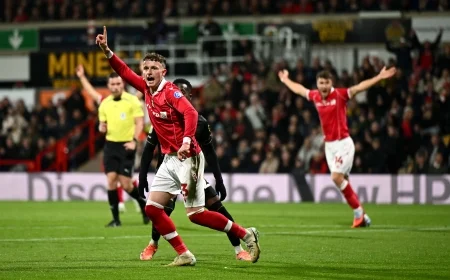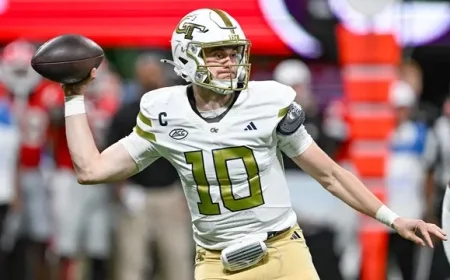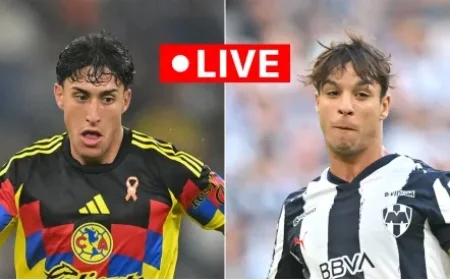Discover Why NFL Players Fumble at the Goal Line According to a Brain Fart Scientist

Molly Huddle’s Unexpected Lesson on Celebrating Too Soon: Insights for NFL Players
In 2015, a moment of triumph turned into heartbreak for U.S. distance runner Molly Huddle during the world championships’ 10,000 meters. As she crossed the final curve, Huddle appeared poised to take home a bronze medal. With two competitors from Kenya and Ethiopia already finishing, she raised her arms to celebrate, only to be eclipsed by American teammate Emily Infeld, who sprinted past her for the last podium spot. Huddle’s reaction—a mix of disbelief and disappointment—captured the heartbreak felt by athletes in moments of premature celebration.
The Emotional Toll of Preemptive Celebrations
Huddle’s story, while a relic of the past, has resurfaced as a cautionary tale for NFL players. In recent weeks, numerous players have exhibited similar lapses, dropping the football before officially scoring a touchdown. Notable incidents include:
- Adonai Mitchell of the Indianapolis Colts, who fumbled during a challenging game against the Rams.
- Emari Demercado of the Arizona Cardinals, who mistakenly dropped the ball in a close match against the Titans.
- Malachi Corley, formerly with the Jets, who fumbled before scoring his first NFL touchdown.
- Jonathan Taylor of the Colts, who mistakenly dropped the ball before crossing into the end zone against the Broncos.
These errors raise questions about focus and attention in high-pressure situations, both in track and football.
Understanding the Psychology Behind Premature Actions
Sports psychologist and coach Steve Magness explains that these lapses occur when athletes become overly focused on immediate goals, causing them to lose sight of their overarching objectives. “In those moments, our attention narrows, which is beneficial for performance but can lead to overlooking critical cues,” Magness notes.
Research by cognitive psychologist Daniel Weissman delves deeper into the mental mechanisms behind these blunders. Weissman describes the phenomena of “brain farts”—moments when attention drifts, resulting in miscalculations. He points out:
– Athletes may get preoccupied with their upcoming celebration, neglecting the essential task of completing their current actions.
– The brain’s default responses can trigger involuntary actions that lead to errors, particularly under pressure.
The Importance of Training and Conditioning
To mitigate these costly mistakes, teams must focus on conditioning and repetitive practice. Weissman emphasizes that players should engage in extensive drills that replicate game situations, ensuring they internalize the actions required to avoid premature celebrations.
| Common Missteps | Recommended Practices |
|---|---|
| Failing to maintain possession until the score is confirmed | Conduct repetitive goal-line drills emphasizing secure ball handling |
| Letting celebration take precedence over finishing the play | Practice visualization techniques to reinforce focus on completing the task |
Empathy and Recovery in Competitive Sports
While mistakes can be disheartening, it is crucial for coaches and teammates to foster an environment of support and understanding. After Demercado’s fumble, teammate Paris Johnson Jr. immediately consoled him, highlighting the significance of psychological recovery after such errors. Magness suggests that providing a supportive atmosphere is essential for athletes to rebuild their confidence and trust in their performance.
In conclusion, the narratives from both track and field and football reveal a common thread: the human tendency to celebrate accomplishments prematurely can lead to unexpected setbacks. However, with improved training, a focus on mental resilience, and a supportive team culture, athletes can navigate these challenges effectively, ensuring their success both on and off the field.
































